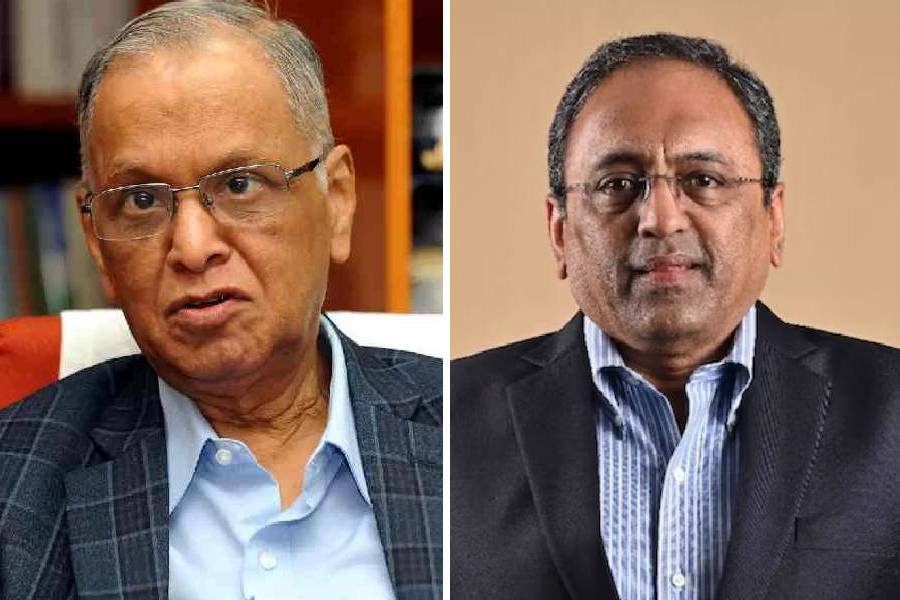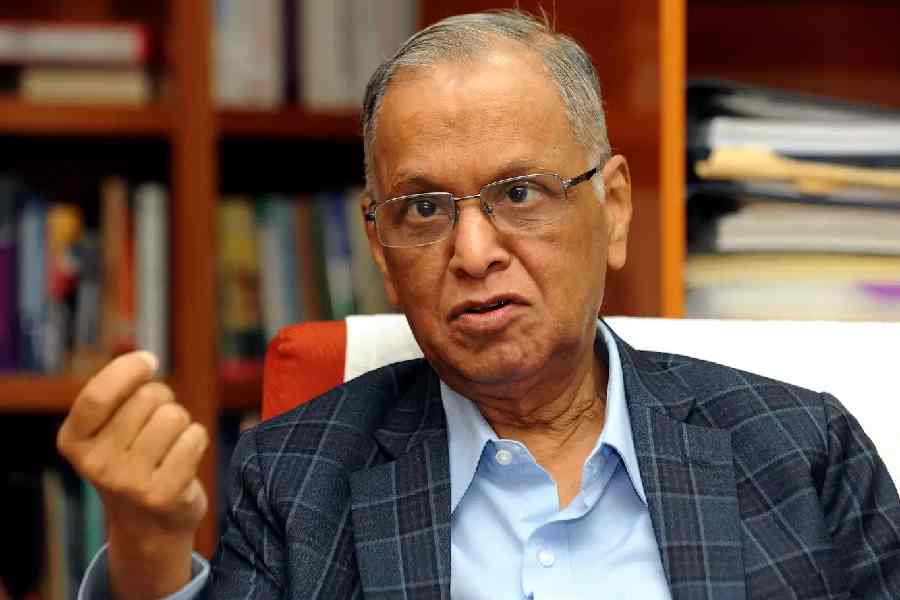India’s Economic Survey has delivered a strong rebuke to calls from top business leaders for ultra-long workweeks of 70 to 90 hours, warning that pushing employees beyond 55 to 60 hours a week is bad for mental health and, ultimately, the economy.
The survey, released a day before the Budget, directly addresses the heated debate triggered by remarks from industry titans like Larsen & Toubro chairman S.N. Subrahmanyan, who stated people should work 90 hours a week, including Sundays, rather than sit at home.
Subrahmanyan’s comment echoed Infosys co-founder Narayana Murthy’s call for a 70-hour workweek to boost India’s global competitiveness and catch up with developed nations like Japan, Germany, and China.
The Economic Survey contradicts these assertions, citing extensive research on the toll of long working hours.
The survey highlights that spending more than 55-60 hours a week at work leads to increased health risks and lower productivity. It references a WHO-ILO study that found "working more than 55 hours a week is associated with a 35 per-cent higher risk of stroke and a 17 per-cent higher risk of dying from ischemic heart disease."
The survey also draws on findings from the Sapien Labs Centre for Human Brain and Mind, which shows that individuals spending 12 or more hours a day at a desk have significantly lower mental well-being scores – roughly 100 points lower than those who spend two hours or less at a desk.
Additionally, a special survey conducted in late 2024 assessed the effects of work culture, family bonds, eating habits, pastimes and exercise on mental health and productivity. The results underscored that excessive working hours contribute to a decline in cognitive function and overall well-being, impacting both individuals and the broader economy.
"While the hours spent at work are informally considered a measure of productivity, a previous study has documented adverse health effects when hours exceed 55-60 per week,” the survey says.
“Spending long hours at one’s desk is equally detrimental to mental well-being. Individuals who spend 12 or more hours at a desk have distressed/struggling levels of mental well-being, with a mental well-being score approximately 100 points lower than those who spend less than or equal to two hours at a desk," the report mentions.
Citing WHO data, the report states that "globally, about 12 billion workdays are lost annually due to depression and anxiety, resulting in an economic loss of USD 1 trillion." In Indian rupee terms, this translates to about Rs 7,000 per day per affected worker. The survey warns that if India's economic ambitions are to be met, then immediate attention must be given to improving workplace culture and lifestyle choices.
While the Economic Survey warns against excessive hours, some of India’s top business leaders have been advocating for just that. Subrahmanyan told employees in an undated video that triggered a strong backlash: "I regret I am not able to make you work on Sundays, to be honest. If I can make you work on Sundays, I will be more happy, because I work on Sundays also."
He further asked, "What do you do sitting at home? How long can you stare at your wife? How long can the wives stare at their husbands? Get to the office and start working."
Murthy said that, "India’s work productivity is one of the lowest in the world. Unless we improve our work productivity, we will not be able to compete with countries that have made tremendous progress. Therefore, my request is that our youngsters must say, 'This is my country. I want to work 70 hours a week.’"
Murthy’s comments drew comparisons to China’s infamous "996" work culture (9am to 9pm, six days a week), which has faced significant pushback due to significant mental and physical health issues, leading to calls for labour reforms.
Not all business leaders support the push for extended workweeks. Mahindra Group chairman Anand Mahindra has distanced himself from the extreme workweek argument, emphasising that "productivity is not about the number of hours worked, but about the quality of work."
Harsh Goenka, chairman of RPG Group, says that "longer working hours are a recipe for burnout, not success." Similarly, ITC chairman Sanjiv Puri stresses that empowering employees to be efficient and fulfilled in their work is more important than the sheer number of hours worked.
Weighing in on the side of work-life balance, the Economic Survey concludes that overworking employees is counterproductive in the long run. While increased productivity is vital for economic growth, it emphasises mental health is an economic issue and that ignoring it could lead to lost workdays, reduced efficiency, and a greater load on the already overburdened healthcare system.













